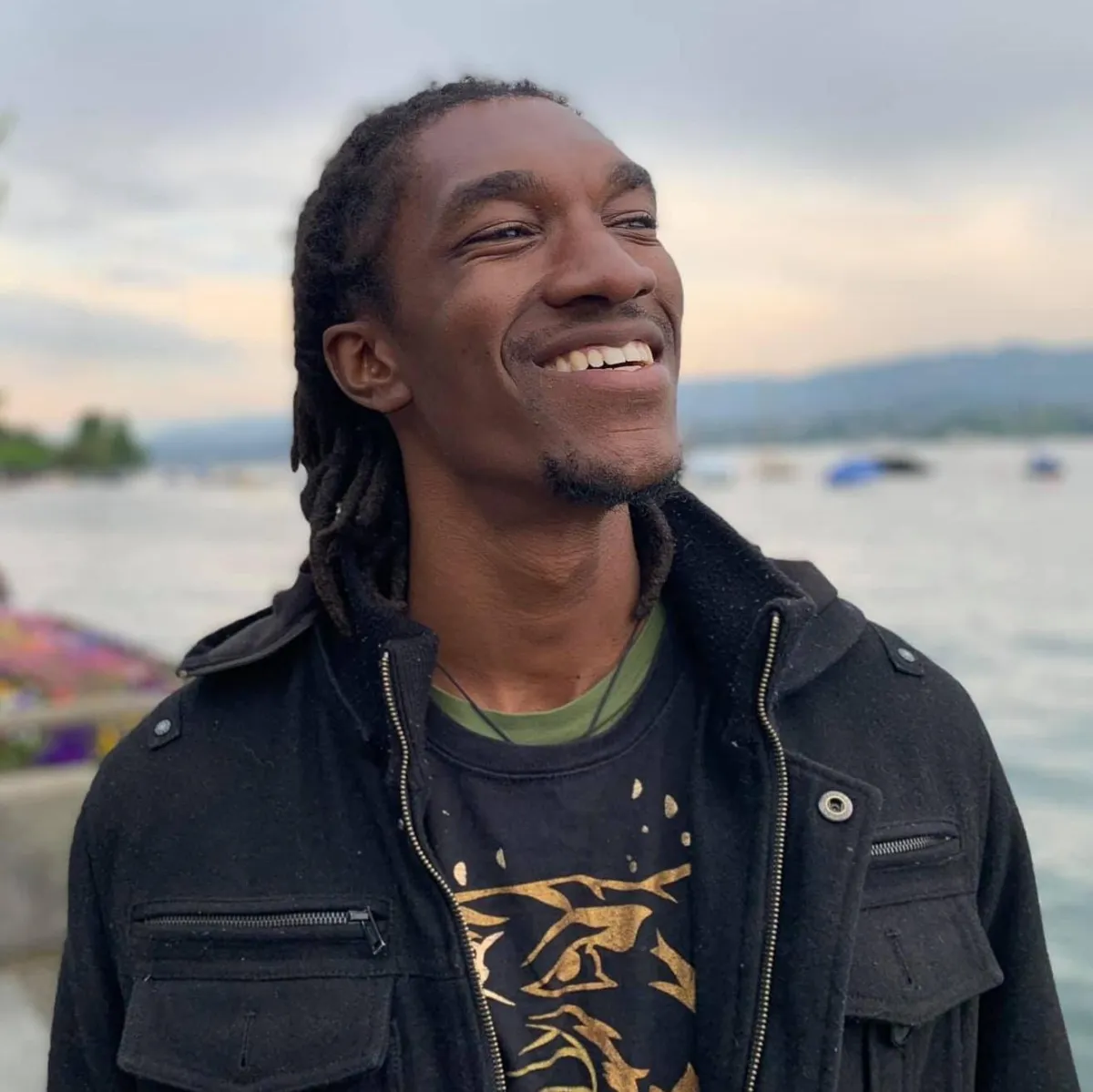
Special Guest Expert - Tre Jackson

Tre Jackson
After graduating from film school, creating video productions for companies, major motion picture sets and developing his own video content across all social media platforms, Tre spends his time teaching others to grow their Youtube Channels and create effective short form video content across all platforms to in order to help them monetize both personal and business brands alike.
Connect with Tre:
Please Share This With Your Followers
